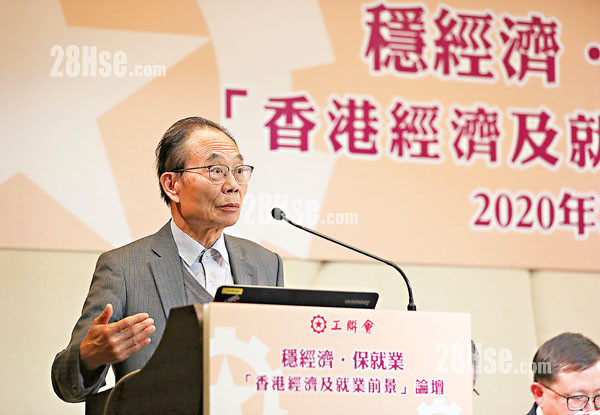The industry advocates relaxing the guarantee and lowering the stress test
The Chief Executive will announce a new policy address tomorrow. In addition to land supply, the focus of the housing policy is that the market also hopes that there will be measures to help citizens get on their cars and improve their living environment. interviewed a number of industry professionals. It is generally believed that under the economic downturn and the uncertain market outlook, the government may not reduce the spicy tax, but may proceed from the mortgage ratio as last year and further relax the mortgage insurance plan’s property price ceiling to 20 million HKD , To divert the purchasing power that has been concentrated on small and medium-sized units in recent years; in addition, in response to the expected low interest rate environment in the next few years, it is also hoped that the current stress test based on an interest rate hike of 3% can be adjusted. ■reporter Yan Lunle
The government has introduced a number of demand management measures in the past ten years. After repeated increases, there are currently three major taxes involved in residential transactions, including Buyer Stamp Duty (BSD) for foreign buyers and corporate customers, and extra for short-term speculation. Stamp duty (SSD), as well as stamp duty for new residences above the second home. Among them, BSD and new residential stamp duty both involve 15% of the transaction amount, while SSD requires that if residential properties change hands within 3 years, 10% to 20% of the transaction amount must be paid.
He Luosheng, a senior researcher at the Pan Sutong Shanghai-Hong Kong Economic Policy Research Institute of Lingnan University, said that the original intention of the hot tax was to cool the property market and help citizens get on the bus. However, the effect has deviated from the original intention over the years. This is most obviously reflected in the supply of buildings due to the replacement cost. The increase has led to a decline in the proprietor’s desire to release real estate, and eventually the supply of real estate on the bus has plummeted, which indirectly caused a rapid increase in small and medium-sized units. He suggested that the government could fine-tune the measures, like stamp duty on new residential buildings. As long as the number of units held by buyers in the future does not exceed the current number of units, there is no need to pay the spicy tax to release the source of real estate for investors.
S
Like

